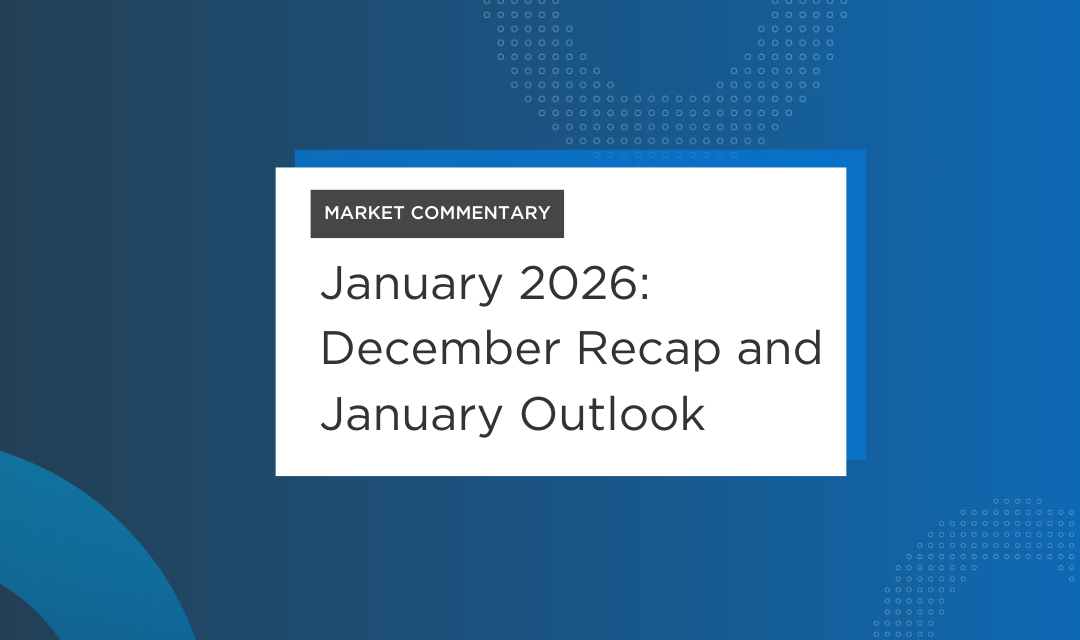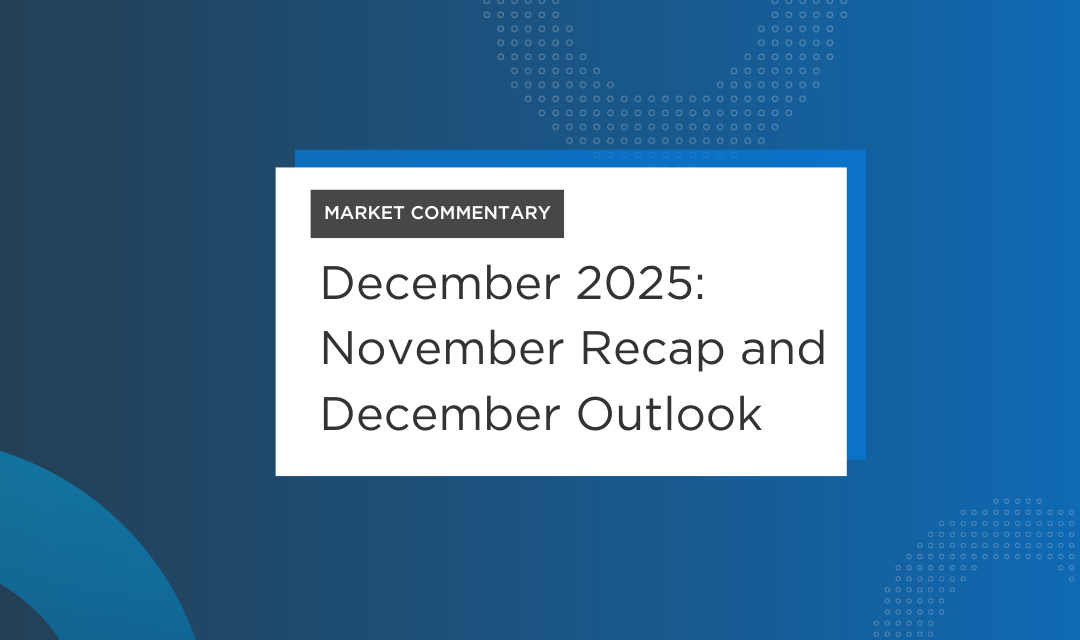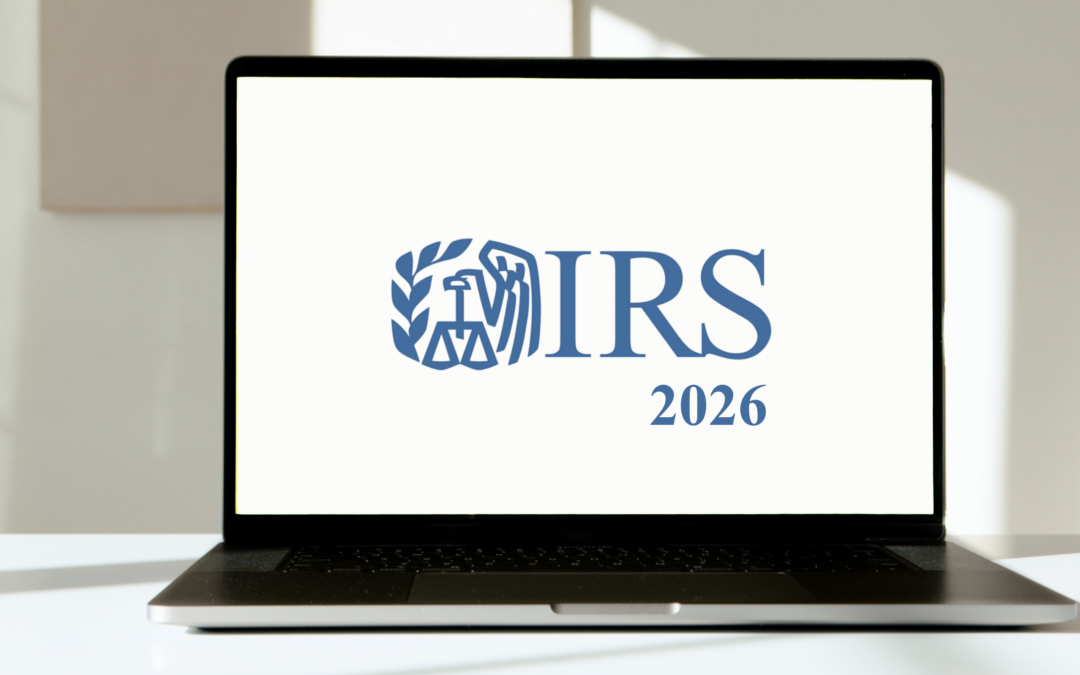Once upon a time, educators across the spectrum, from kindergarten to university, retired with nice healthy pensions that afforded them a nice living similar to the one they had while working. Sadly, that fairytale has come to a halting end these days.
Although most states in the US provide good pension plans for educators, they’re still not enough to retire on. It’s extremely important for educators to get their own finances under control and come up with a plan independent of their employer.
If this sounds familiar, do not lose heart. There are many steps educators can take to empower themselves to help ensure they have a comfortable retirement to look forward to.
With a few healthy financial planning tips, you can be well on your way to financial security.
5 Financial Planning Tips for Teachers
1. Address Tax Issues
As a teacher, even if you only work in one organization, your taxes may need an overhaul. Issues like tenure, expenses you put out on supplies for your classroom, and non-typical travel, should all be addressed on your return each year. If you have a different job during summers, you are probably receiving income from multiple sources. That can be a huge pain when it comes tax time if you do not know how to offset those income streams.
Likewise, if you get a pay raise or a promotion, you may enter a higher tax bracket, which may eat into your refund at the end of the year. There are ways to address all of these concerns and improve your chance of getting money back, but all of these concerns must be addressed. Your best bet is to talk to a tax professional who can find you all the ways to financially benefit from life as a teacher.
2. Plan for Retirement
First, start now. While you may qualify for a state pension plan, there’s a good chance your retirement income will be only a portion of your pre-retirement salary. Look into a 457(b) and 403(b) savings plan and contribute as much as you can to it. The earlier you start, the more you will save in the long run.
Consider talking to a Retirement Plan Specialist to help you plan out your retirement now – it’s never too early. Saving for retirement is the greatest gift you can give to yourself because it can truly create a sense of security.
Educators, for the most part, have predictable incomes, with predictable pay scales and raises, so you are better positioned to sit with an advisor and lay out the next 25 to 30 years of retirement savings than most others.
And remember, even if you have a pension, even if you are contributing to a 403(b) or 457(b), you can still evaluate your Individual Retirement Account (IRA) options. Save now and you will thank yourself later.
3. Create an Estate Plan
One of the biggest misconceptions individuals fall for when thinking about their financial situation is that estate planning is only for people with an enormous amount of wealth. Drawing up a will, even a simple one, can give you control over how your assets are managed and distributed upon your death. Drafting a power of attorney can also help you outline decisions on how to handle your affairs if you become ill or impaired from making choices.
As an educator, you may have established businesses outside of your primary role; you may have even developed intellectual property through curriculum building or textbook publishing, or starting another business altogether. All of that is considered an asset. You may be collecting royalties or passive income that you want to ensure goes to a specific place if you pass before you expect to.
Getting your affairs in order in this way will help you best care for your loved ones or anyone you leave behind. Even if you have no spouse or next of kin, you can direct your assets to be given to a charitable organization, ensuring they don’t lie dormant for years or get absorbed back into the paying party’s bottom line.
As an added bonus, establishing an estate plan or a trust may provide an immediate tax deduction. Be sure you speak to your investment advisor and tax professional about how to set up your estate plan today.
4. Invest Responsibly and Protect Assets
With all the wild investment schemes going around the media today, from GameStop millionaires to the crypto craze, it can feel terrifying to attempt to invest your funds in anything. However, there are plenty of ways to invest your money responsibly and potentially build assets for the future.
Consider looking for strong and reliable investment advisors who work on a fee-only basis and can offer fiduciary oversight. Working with a financial advisor can help you create a plan to work towards your unique financial goals and create an investment strategy that fits you.
Finally, consider insurance that will help keep you and your family shielded in the event of emergencies that would otherwise drain your incomes and savings. Life insurance, disability insurance, and liability insurance (in the event you run a business or have a side hustle), are all the beginnings of protecting your assets from outside unexpected events.
Be sure to talk about all of this with a professional to help you make the best decision for your unique situation.
5. Manage Debt
Finally, and perhaps the most difficult of all, manage your debt. It can be hard when you are on an income that brings in less than you would like to live on. The last thing you want is for the unexpected to happen and leave you over your head in debt with little or no income. What savings you have could get eaten away rather quickly, and you may find yourself reaching into the retirement you have worked so hard to put away, resulting in penalties and taxes. It is an avalanche you do not want to come down on you.
If you have credit card debt, pay it off as soon as you can. If you have a car loan, look for ways to refinance with a lower interest rate. Consider moving to a smaller space in a more affordable area. Try to live below your means if possible. Today it is common for Americans to rack up debt and get left high and dry with no way to pay it back. The average American household with debt now owes more than $150,000*, up 6.2% from a year ago. And there is no end in sight.
Try to keep your finances under control and stay away from the increasing current averages. Try to keep your finances under control and stay away from the increasing current averages. You can speak with a credit counselor, a tax advisor, and your investment advisor about how best to get out of debt and get into savings so you can work to beat that average by a mile.
Contact TCG, A HUB International Company
There are smart ways to earn extra income, save money, and invest your money. It takes one small step and then another. Most of all, it takes a will to get there. Once you’ve set your mind to do it, like anything else, from weight loss to education, you will find yourself willing to change your lifestyle and your habits to get it done.
You can feel more financially independent without earning a single extra dollar and eventually retire happily even if your income never increases. It is all possible. With the right people in your corner, the right team in place, you can make financial planning a success story for yourself.
For assistance with your unique situation, contact a member of our team today.
Prepared by Broadridge Investor Communication Solutions, Inc. Copyright 2022.
Investment advisory services offered through TCG Advisors, an SEC registered investment advisor. Insurance Services offered through HUB International.
Recordkeeper and Third Party Administrator services offered through TCG Administrators, a HUB International Company. FinPath is offered through RPW Solutions.
HUB International, owns and operates several other entities which provide various services to employers across the U.S.
Employees of HUB International may offer securities through partner Broker Dealers not affiliated with HUB. Employees of HUB International provide advisory services through both affiliated and unaffiliated Registered Investment Advisors (RIA). Global Retirement Partners, LLC, HUB Investment Advisors, TCG Advisors, Millennium Advisory Services, and Sheridan Road Advisors, LLC are wholly owned subsidiaries of HUB International.
We are here to help. Get matched with a Financial Advisor:



